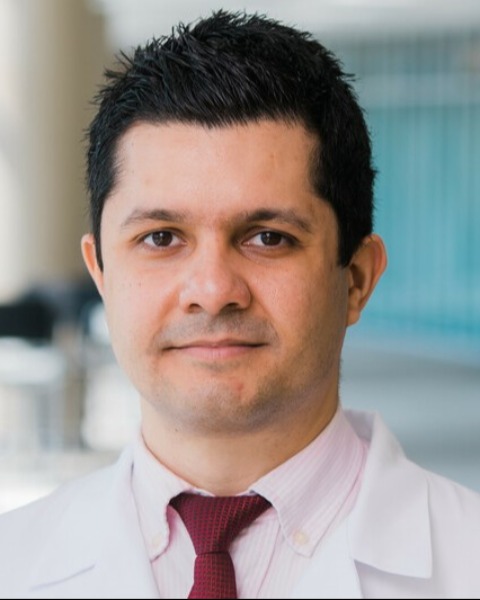General Session
Subspecialty C-L
Integrative Approaches for people living with HIV/AIDS: Enhancing whole-health through ketamine, esketamine and psychedelic therapies, an HIV/AIDS SIG-sponsored symposium.

Eduardo Andres Calagua Bedoya, MD
Assistant Professor of Psychiatry
Geisel School of Medicine at Dartmouth/DHMC
Lebanon, New Hampshire
Paulo Marcelo Gondim Sales, MD, MS
Consultation-Liaison Psychiatrist
River Region Psychiatry Associates
Vestavia Hills- GM
Gabrielle R. Marzani, MD, MBA
Professor of Psychiatry/Assistant Dean for Admissions
University of Virginia School of Medicine
Charlottesville, Virginia .jpg)
Jacob Perlson, MD MPH
Resident
Columbia University
New York, New York
Lead Speaker(s)
Speaker(s)
Ketamine/esketamine shows promise in treating mood disorders, anxiety, PTSD, catatonia, and pain management in PLWHA, with pilot studies highlighting improved outcomes over traditional treatments such as antidepressants, benzodiazepines and opioid analgesics. Pharmacologically, ketamine's actions on dopamine, glutamate, and inflammation offer potential benefits for PLWHA with comorbid psychiatric conditions. However, considerations regarding side effects, contraindications, and medication interactions, especially with antiretrovirals and psychiatric medications, are crucial for safe implementation. Protocols for the administration of ketamine/esketamine in clinical settings, emphasizing observation times and treatment dosing, are discussed. Additionally, emerging research on psychedelics like psilocybin-assisted psychotherapy suggests potential therapeutic benefits for psychiatric conditions in PLWHA, warranting further exploration. Barriers to access these treatments, including stigma surrounding HIV status, will also be discussed.
While still in its early days of implementation, ketamine/esketamine and psychedelics are gaining attention within C-L Psychiatry to address the complex needs of PLWHA, particularly when combined with lifestyle changes, nutritional support, and complementary interventions to enhance efficacy, quality of life, and prevent relapse of comorbid conditions. By expanding the therapeutic toolkit beyond conventional psychiatric treatments, C-L Psychiatry can significantly contribute to whole-person health, offering new hope and improved quality of life for this population. Future research should focus on long-term outcomes, refining treatment protocols, and understanding the mechanisms underlying the therapeutic effects of these interventions.Learning Objectives:

